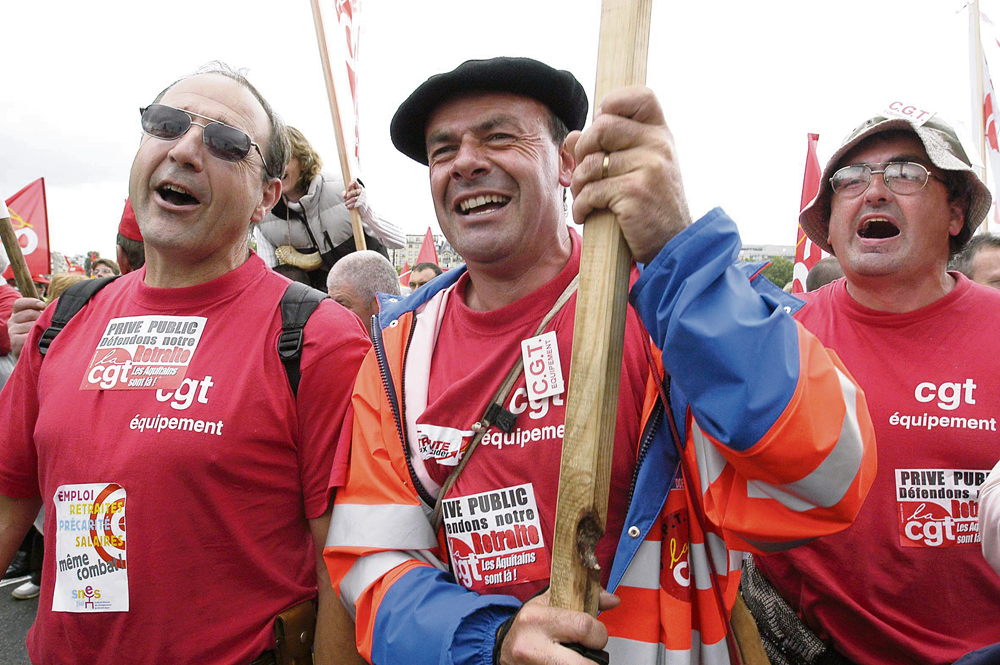Clare Doyle, Committee for a Workers’ International (CWI)
The ‘sweeping victory’ for La République En Marche! (REM) – party of neoliberal president Emmanuel Macron – in the second round of parliamentary elections on 18 June, is not the resounding victory it might appear.
While REM got 308 MPs out of 577, plus 42 for its allies in the Democratic Movement (MoDem), its vote is considerably short of what was anticipated and it does not hide the fact that the government has only got the support of a minority of the French electorate.
Many votes for REM in the presidential election were cast only to stop far-right Marine le Pen’s Front National (FN) from winning.
At over 57%, the abstention rate was a record high and greater in working class and poorer areas. Roughly 10% of those going to the polling stations cast blank votes or spoiled their ballot papers.
Nonetheless, with a clear parliamentary working majority, Macron intends to attack workers’ rights.
The fear of the ruling class – expressed in the media – is that the main battles of the working class with the government will now open up outside parliament.
The previously ruling ‘Socialist’ Party (PS) lost about 90% of its 280 parliamentary seats, ending up with just 29! Its first secretary – Jean-Christophe Cambadélis – announced his resignation as polls closed, warning of the terminal decline of the party.
Jean-Luc Mélenchon, leader of the left formation FI (France Insoumise), was comfortably elected in his Marseilles con-stituency with 59% of the vote in the second round. But his party was only able to field candidates in just over 70 constituencies (one in eight) and had no agreement from the Communist Party not to stand in the same constituencies.
However, with a real remobilisation in many constituencies, FI got a total of 883,786 votes and 17 deputies – enough to form an official parliamentary group.
Immediately after the result, Mélenchon made a call for “resistance” to Macron’s plans for attacking the country’s labour law, its welfare state provisions and jobs. “Not one metre of terrain in relation to social rights will be ceded without a fight!” he declared.
The Communist Party’s vote dropped by nearly two thirds, its final representation remained at ten seats. The FN went from two to eight seats, including Marine le Pen – the FN leader – who got into parliament for the first time.
But Le Pen’s right-hand man, Florian Philippot, was not elected and the party does not have enough MPs to form a group in the assembly. The vote for the FN was far less than expected.
Coming to the end of this year’s tumultuous electoral battles does not mean a calm period ahead in France. As Gauche Révolutionnaire (CWI in France) has said, the next round will be on the streets.









